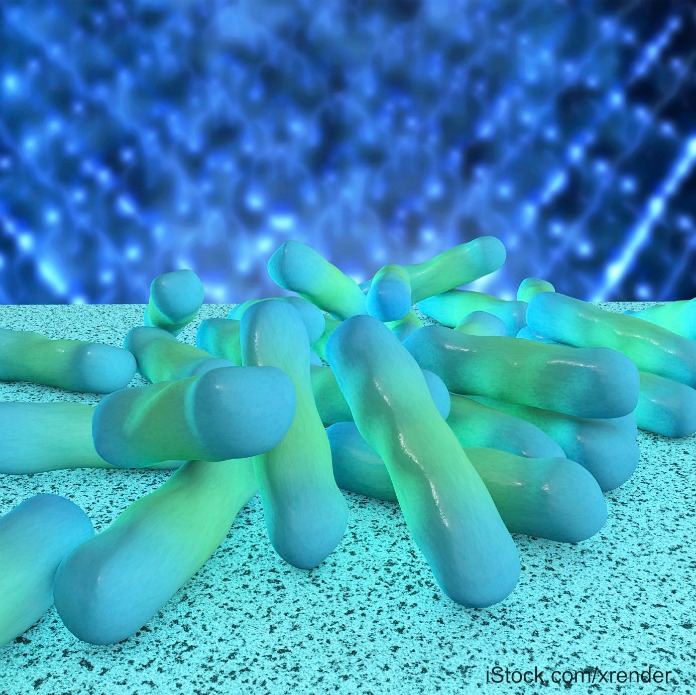The Centers for Disease Control and Prevention (CDC) has joined the investigation of the 2016 Shigella outbreak in Michigan that has sickened 177 people. Those cases are in two counties: Saginaw and Genesee, which is where Flint is located. At least 27 people have been hospitalized in this particular outbreak because their illnesses were so severe.

Officials say that there were fewer new shigellosis cases in September, and the cases that were reported in October are being analyzed. The CDC is working with state and local officials, partner organizations, and community residents to try to find the source of this outbreak.
The illnesses in this outbreak were reported to public health officials between March 1 and October 26, 2016. While there are typically about 300 to 400 cases of shigellosis in Michigan every year, this is a disproportionately high number of Shigella cases, especially since those sickened live in only two counties.
Officials will be contacting people who are sick to interview them about foods eaten and other activities that could have caused this outbreak. Some think that the water crisis in Flint, which was created when an administrator switched the city’s water supply to the Flint River, may have contributed to this outbreak since residents are now fearful of using the water to bathe.
Shigella outbreaks are caused by the fecal-oral route. In other words, a small amount of feces contaminated with the pathogenic bacteria gets into someone’s mouth, through contaminated food or drink or poor hygiene, and makes them sick. People can get sick when they change diapers of children who are sick, touching people who are sick, or eating food prepared by someone with this infection.
The best way to prevent the spread of this illness, and most other infectious diseases, is proper handwashing. Washing your hands with soap and water for at least 20 seconds is the best way to remove any bacteria from your hands. Hand sanitizers that contain at least 60% alcohol will kill Shigella bacteria, but don’t work well if your hands are greasy or very dirty. Baby wipes do not kill Shigella bacteria and are not recommended for cleaning your hands. Wash your hands after using the bathroom and before preparing food or drink, and before eating.
The symptoms of shigellosis, the illness caused by this bacteria, are watery diarrhea that may be bloody, nausea, vomiting, abdominal cramps, and a fever. If you do experience these symptoms, see your doctor.




